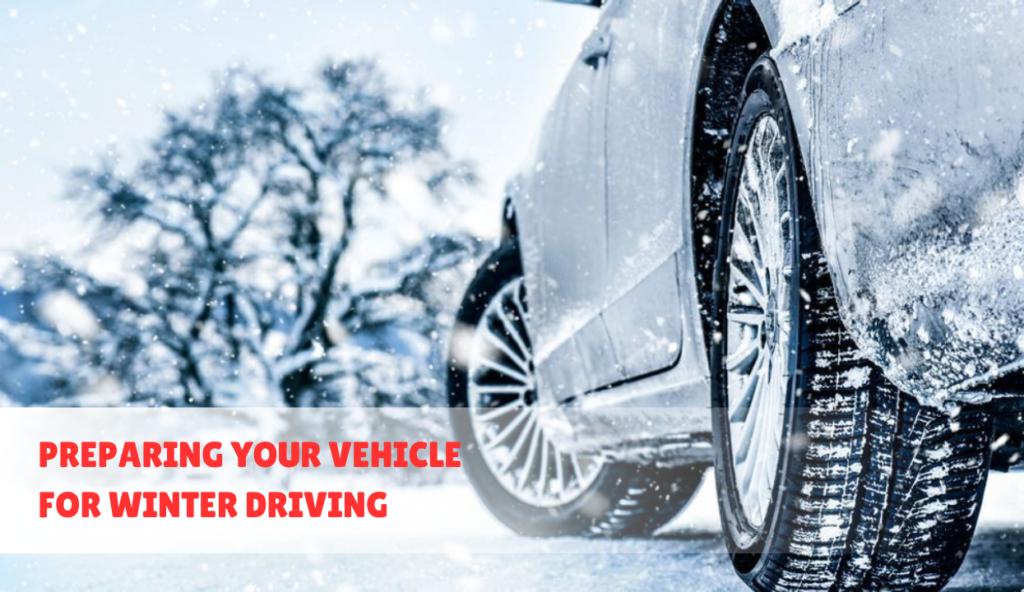Understanding Colorado’s Unique Winter Climate
Colorado’s winter conditions vary as much as the incredible landscapes of the state. In general, it has very extreme topography with higher territories, which makes the weather very different at any given time. There will be clear blue skies while the sun shines on one instance, only for a snowstorm to be hit within minutes. Mountains go beyond other regions in elevation and weather Colorado Road Conditions at other, lower levels.
Colorado’s winters generally range from November to March, but the months of December and January are the coldest. The amount of snowfall is also very dependent on the region. In certain areas, such as the Western Slope and the Rocky Mountains, it may even accumulate several feet, but on the plains, there will be less accumulation but icy conditions as well. These varying conditions significantly impact Colorado road conditions, especially during the peak winter months, making safe travel preparation essential.
Key Winter Hazards on Colorado Roads
Snow and Ice: What to Expect
Snowfall is sure in Colorado during its winter months. Sometimes it gets slippery and even dangerous to drive on those roads that tend to get icy at night when it freezes. Colorado road conditions can become hazardous due to black ice, a nearly invisible layer of ice on the road that becomes a serious hazard and can easily occur on shaded stretches or bridges.
Avalanche-Prone Areas
Some of the avalanche-prone areas in the United States are in Colorado Road Conditions. Mountain passes like Loveland, Berthoud, and Red Mountain become risky in heavy snowfall. So, travelers need to check the resources, like the Colorado Avalanche Information Center (CAIC), and should not be less cautious while driving.
Preparing Your Vehicle for Winter Driving
A prepared car is the start of a safe journey. Before entering the Colorado winter roads, a vehicle has to be winterized.

Choosing the Right Tires
This driver would then be sure that they invest in good-quality winter tires for Colorado road conditions. Compared to the all-season tires, such provide a better grip on snow and ice. In addition, tire chains may come in handy at some point. As stated by the law of Colorado, snow tires or chains are required when using particular roads during winter storms; especially mountain roads like I-70.
Essential Winter Gear for Your Car
The right gear in a crisis can make all the difference. Consider keeping the following items in your car:
- A snow shovel and ice scraper
- Warm blankets and extra clothing
- Non-perishable food and water
- A flashlight with extra batteries
- First-aid kit
- Sand or kitty litter for traction
Winter Driving Tips for Safety
Driving during winter Colorado Road Conditions requires caution and skill. Here are some key tips to ensure your safety:
Techniques for Driving on Ice
- Slow down to keep control.
- Do not brake hard or accelerate quickly; brake slowly instead.
- If you do skid, steer in the direction you want to go, and don’t overcorrect.
Navigating Mountain Passes
Mountain passes can be intimidating in winter. Slow down on steep grades and keep a safe distance from other vehicles. Watch for signs indicating icy Colorado Road Conditions or falling rocks, and use pull-offs to allow faster vehicles to pass safely.
Understanding Colorado’s Chain Laws
Colorado chain laws help to protect drivers and allow the free flow of traffic in the state during snowstorms. Colorado road conditions during winter can be treacherous, and all vehicles fall under these rules, especially when traveling on highways like I-70 from Dotsero to Morrison.
- Passenger Vehicle Traction Law: It is a mandatory requirement to have either snow tires, chains, or a four-wheel drive in case of extreme weather conditions.
- Chain Law Level 1: All commercial vehicles are covered, but in some situations, passenger vehicles may be required.
- Chain Law Level 2: All commercial vehicles must use chains, regardless of size
Consequences of Violation include massive fines and increased risk of hazardous conditions.
Using Technology to Stay Informed
Current technology can be a lifesaver for winter travelers in Colorado.

CDOT Resources
Through CDOT websites and mobile apps, information is available in real-time relating to road conditions, closings, and construction areas, live camera feeds; weather updates, and alerts for avalanche-prone areas.
Weather Tracking Apps
In such cases, you are also informed of changing patterns. It helps you plan the route to avoid dangerous situations.
Emergency Situations: What to Do
No one needs an emergency while traveling. Be prepared, though.
- When your car breaks, get off the road in a safe place and flip on the hazard lights.
- Stay inside to avoid exposure to possible freezing temperatures.
- Use emergency kits to keep warm as well as signal for assistance.
- Call 911 immediately when stranded and cannot get away without assistance.
Eco-Friendly Winter Travel Tips
While winter travel is all about safety, it’s also about the environment. Reduce your impact by carpooling, taking public transportation, or using fuel-efficient vehicles. Colorado road conditions can vary, so always dispose of waste responsibly, especially in fragile mountain environments.
Local Insights: Advice from Colorado Residents
Locals know the best tips for navigating winter roads. Some advice includes:
- Start your trip early in the morning to avoid afternoon snowstorms.
- Fill your gas tank or keep it half full to avoid freezing.
- Never use GPS in the countryside alone. Carry a paper map along.
Safe Traveling in Colorado Winter
This makes winters in Colorado incomparable; that beauty demands respect so you better be prepared. Once you know the Colorado road conditions, preparing your vehicle well and enjoying your memorable winter adventure will follow all the safety precaution tips.



